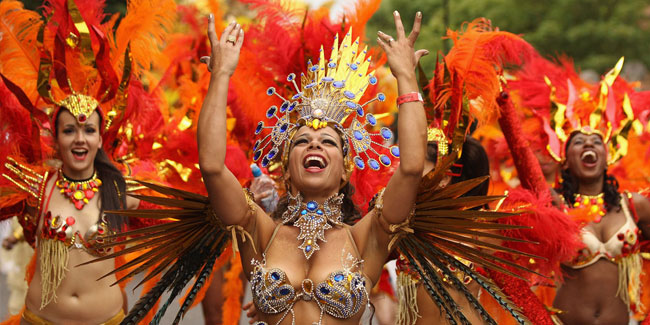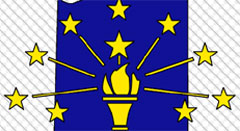Sunday 10 May -
Mother’s Day (Anguilla, Antigua and Barbuda, Aruba, Australia, Austria, Bahamas, Bangladesh, Barbados, Belgium, Belize, Bermuda, Bhutan, Bonaire, Botswana, Brazil, Brunei, Canada, Cambodia, Cayman Islands, Central African Republic, Chad, Chile, China, Colombia, Congo, Dem. Rep., Congo, Rep., Cote d'Ivoire, Croatia, Cuba, Curaçao, Cyprus, Czech Republic, Denmark, Dominica, Ecuador, Equatorial Guinea, Estonia, Ethiopia, Faroe Islands, Fiji, Finland, Germany, Gabon, Gambia, Greenland, Ghana, Greece, Grenada, Guyana, Honduras, Hong Kong, Iceland, India, Italy, Jamaica, Japan, Kenya, Latvia, Liberia, Liechtenstein, Macau, Malaysia, Malta, Myanmar, Namibia, Netherlands, New Zealand, Pakistan, Papua New Guinea, Peru, Philippines, Puerto Rico, Saint Kitts and Nevis, Saint Lucia, Saint Vincent and the Grenadines, Samoa, Singapore, Sint Maarten, Slovakia, South Africa, Sri Lanka, Suriname, Switzerland, Taiwan, Tanzania, Tonga, Trinidad and Tobago, Turkey, Uganda, Ukraine, United States, Uruguay, Vietnam, Venezuela, Zambia, Zimbabwe)
Sunday 21 June -
Father's Day (Ñelebrated on the third Sunday of June øò Argentina, Aruba, Canada, Costa Rica, France, Greece, Hong Kong, Hungary, India, Ireland, Kenya, Japan, Macao, Malaysia, Malta, Mexico, Netherlands, Pakistan, Peru, Puerto Rico, Singapore, Slovakia, South Africa, Sri Lanka, Trinidad and Tobago, Turkey, Venezuela, United Kingdom);
Summer Solstice (International Day of the Celebration of the Solstice) Saturday 15 August -
Feast day of the Assumption of Mary (Christian feast day, one of the Catholic holy days of obligation a public holiday in Austria, Belgium, Benin, Bosnia, Burundi, Cameroon, Chile, Colombia, Croatia, Cyprus, France, Germany, Greece, Guatemala, Hungary, Italy, Ivory Coast, Lebanon, Liechtenstein, Lithuania, Luxembourg, Macedonia, Madagascar, Malta, Mauritius, Monaco, Paraguay, Poland, Portugal, Romania, Senegal, Seychelles, Slovenia, Spain, Switzerland, Togo, and Vanuatu)
The multicultural and geographically diverse South American country of Venezuela shares its northern shoreline with the Caribbean Sea and the North Atlantic Ocean, drawing vacationers with its beauty annually.
Venezuela once was a lush haven for the indigenous tribes of Carib, Arawak and Chibcha people who were sustained by its lush rain forests and beaches, until the country became colonized by Spain and therefore can see many cultural traditions from both sources.
Venezuelans are well-known for their gregarious and outgoing nature. They greet each other heartily.
Visiting Caracas will give you an opportunity to connect with the multicultural gastronomy of the country that includes native, African and European influences.
The cuisine of Venezuela is influenced by the cuisines of its indigenous inhabitants as well as West African and European cuisines.
Family ties, including extended family ties, are important in Venezuela, evidenced by most members living in close proximity.
The Spanish influence can be seen experienced in the language, bull fights, food, architecture, religion, and food.
Music plays an important role in the celebrations. The African influence is notable in cuisine and the arts, especially music and dance.
















